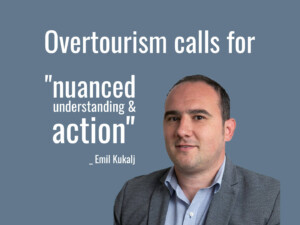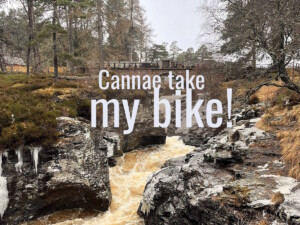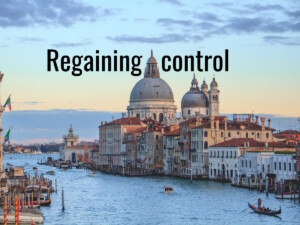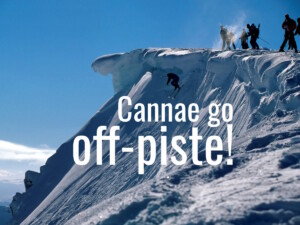‘No man is an island’: Let’s talk tourism and transportation infrastructure
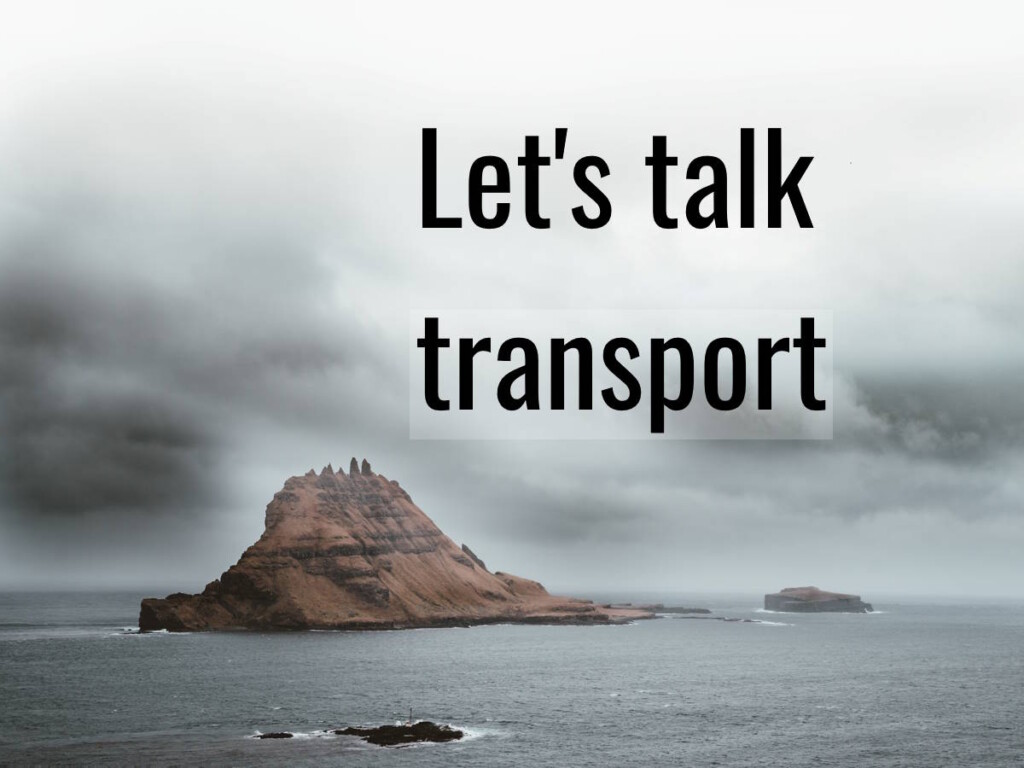
Travel & tourism and transportation infrastructure are inextricably linked. The former is almost wholly dependent on the latter.
As stakeholders in travel, tourism, leisure, and hospitality, do we take for granted how we move from place to place?
Saverio Francesco Bertolucci shares his thoughts in the first in a series of “Good Tourism” Insights initiated by Tourism’s Horizon, a “GT” Insight Partner.
[You too can write a “GT” Insight.]
Policymakers in national tourism organisations (NTOs) understandably focus their efforts on marketing the cultural and natural heritage of their destinations.
But what about tourism and transportation infrastructure?
Meanwhile tourism academia mostly emphasises sustainability and critically considers tourism’s impact on society in a variety of ways. Studies of the role of hand-held technologies are increasingly commonplace, though, and newer areas like the internet of things, the metaverse, and AI are all coming into view.
But, again, little attention is paid to tourism and transportation infrastructure.
If there is one neglected topic that demands our attention as travel & tourism stakeholders, it is transport.
Mass tourism involves mass movements of people. The extent, ease, speed, reliability, and cost of movement is all down to transportation infrastructure.
This is not just the case for international tourism. Local hospitality in our cities thrives when people can get around; suffers when they cannot.
Collapses and slow declines
The importance of infrastructure was posed starkly through the 2018 disaster of the collapse of Ponte Morandi in Italy. It is a tragic example of the consequence of neglecting infrastructure, a neglect paralleled in academic and political discussion.
The Morandi bridge collapse killed 43 people and cut a key thoroughfare between the port of Genoa and the north. Genoa subsequently faced long-lasting congestion issues and weak tourism demand for the city.
This is an extreme example of a common phenomenon worldwide; that of inadequate and ageing transportation infrastructure.
Poor infrastructure is one of the key issues facing many growing African megalopolises, such as Lagos, Nigeria. It holds back economic growth, reduces quality of life in general, and negatively affects tourism specifically.
Don’t miss other “GT” content tagged with
“Tourism infrastructure and development”
The citizens of rich European capitals, such as London, Paris, and Rome average at least 100 hours lost in congestion per year; time that could be better spent at leisure with family and friends or in other productive ways. In Spain, the average travel time to and from the workplace is 50 minutes.
Recent studies show how road quality and safety is declining in the United States, leading to a steep increase in deaths and other opportunity costs.
China spends 9 – 12% of its income on transportation infrastructure. By comparison, it accounts for only 5% of expenditure in Europe and 2.5% in the USA.
‘A part of the main’
Poor transportation infrastructure limits productivity and adds to company costs. It puts a major burden on investors and stifles growth.
Poor transport options also constrain our individual freedoms; to work away from our homes, to meet others, network, and socialise, and to enjoy holidays and leisure time in new places locally let alone globally.
It is notable that while transport links communities of all sorts — village to town to city to the world — our collective interest in transportation infrastructure lags way behind our interest in the communities themselves. They too deserve the freedom to move.
The poet John Donne wrote:
No man is an island,
Entire of itself;
Every man is a piece of the continent,
A part of the main.
Donne’s famous sentiments are as true for the communities of which we are a part as it is for individual men and women.
Transportation infrastructure makes us, and our economies, ‘a part of the main’. Being linked in this way is intrinsic to economic and human progress in our society.
But it is rarely affirmed as such. It is often, at best, taken for granted.
Tourism and transportation infrastructure in the Faroe Islands
Speaking of real rather than metaphorical islands, my recent study on the Faroe Islands shows how the government has recently decided to heavily invest in transportation with the aim to link much of the archipelago through one transport network.
It involves the avant-garde engineering of underwater tunnels, at great cost. Chosen primarily to support the fishing industry — to protect fishing grounds from the disruption of bridge building — this futuristic network of tunnels connects most Faroe Islanders and is capable of dispersing locals and visitors alike all over the country and in all weather conditions.
It is surprising then that in this inspiring case there is no tourism policy connected to the new infrastructure. Surprising, even if it is all-too-common elsewhere for infrastructure policy and planning to be divorced from tourism.
Future-proofing infrastructure by building excess capacity is one thing, but the costly tunnel system is currently used far below expections, with a potential detrimental effect on the local economy and public debt.
This might be solved by introducing tourism promotion and community management policies to encourage locals and visitors (and their purses) to explore the archipelago.
Also see Saverio Francesco Bertolucci’s first “GT” Insight
“How to do tourism responsibly in the Faroe Islands”
In response to the underutilisation of the tunnel system, the Faroe Islands government is organising co-creative and fully-inclusive events with its citizens in order to generate a clear overview of the situation and to tackle possible alarming scenarios, such as debt default and recession, should they occur.
The Faroese government has demonstrated vision and ingenuity in efficiently connecting remote destinations to a single transport network; a case study for other governments to consider. What it does next to leverage its full potential will be interesting.
In conclusion, transportation infrastructure is the main driver of tourism’s success. It always has been. If we’re serious about travel & tourism’s future, transportation infrastructure deserves our attention.
Agree? Disagree? What do you think? Share a short anecdote or comment below. Or write a “GT” Insight of your own. The “Good Tourism” Blog welcomes diversity of opinion about travel & tourism because travel & tourism is everyone’s business.
This is the first in a series of “Good Tourism” Insights from Tourism’s Horizon, a “GT” Insight Partner. Tourism’s Horizon is “a loose group of academics, writers, and tourists who value mass tourism’s cultural and economic contributions to our society, and seek to explore optimistic and expansive futures for the industry”.
Featured image (top of post): Let’s talk tourism and transportation infrastructure. Image from the Faroe Islands by Annie Spratt (CC0) via Unsplash.
About the author
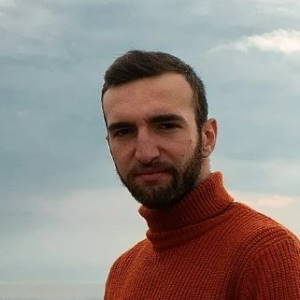
Saverio Francesco Bertolucci studied international tourism & leisure at Università di Bologna, Italy and sustainable tourism development at Aalborg University, Denmark. Currently working for Alcambarcelona in Spain, the quadrilingual Italian is interested in destination management, the experience economy, and customer care, and has a passion for social sustainability, remote tourism, and co-creation.


